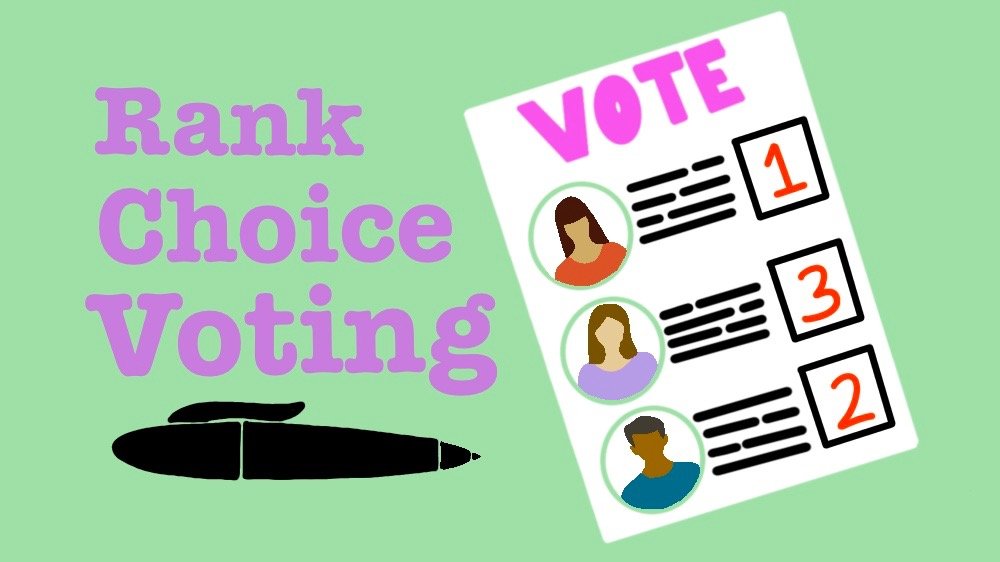Picture yourself standing in a voting booth, ballot in hand, faced with a decision that could shape the future of your community, state, or even the nation. Do you vote with your heart, swayed by a candidate’s charisma, or do you weigh the options like a mathematician solving an equation? For many Americans, the answer lies in rational choice voting—a calculated approach to democracy where logic, self-interest, and strategy reign supreme. In a country where elections often feel like emotional rollercoasters, this method offers a quieter, more deliberate path. From picking presidents to passing local referendums, rational choice voting is the invisible hand guiding millions of decisions at the polls. So, let’s peel back the curtain on this concept, explore how it plays out in the American electoral landscape, and uncover what it means for you as a voter in 2025.
Understanding the Basics
At its essence, rational choice voting is about making decisions that maximize personal benefit while minimizing cost. Rooted in economic theory, it assumes that voters—like shoppers in a marketplace—act logically, weighing the pros and cons of each candidate or policy before casting their ballot. It’s not about blind loyalty to a party or gut feelings; it’s a cold, hard look at what’s in it for you.
For Americans, this might mean choosing a candidate who promises tax cuts if you’re a small business owner, or supporting a ballot measure that boosts funding for schools if you’re a parent. The theory, first popularized by political scientist Anthony Downs in his 1957 book An Economic Theory of Democracy, suggests that every vote is a transaction. However, it’s not always so straightforward. As one Reddit user on r/PoliticalDiscussion noted, “I try to vote rationally, but emotions sneak in—campaign ads are too good at tugging the heartstrings.” This tension between logic and feeling is what makes rational choice voting so fascinating—and so human.
Why Rational Choice Voting Matters in America
In a nation as diverse and polarized as the United States, voting isn’t just a civic duty—it’s a high-stakes game. Rational choice voting matters because it explains why people vote the way they do, even when the outcomes seem baffling. Take the Electoral College, for instance. In swing states like Pennsylvania or Florida, voters might strategically back a less-preferred candidate to block one they dislike more—a classic rational move. Meanwhile, in solidly red or blue states, some skip voting altogether, reasoning that their ballot won’t tip the scales.
This approach also shines a light on voter turnout, a perennial issue in American elections. If the perceived cost of voting (time, effort, or even gas money) outweighs the benefit (a sense of impact), rational choice theory predicts people will stay home. Data backs this up: turnout in the 2020 presidential election hit a modern high of 66.8%, yet millions still sat it out. On Reddit’s r/Ask_Politics, one user mused, “I didn’t vote in the midterms because nothing changes where I live—why bother?” That’s rational choice voting in action, for better or worse.
Moreover, it’s a lens to understand policy-driven elections. When Americans vote on issues like healthcare reform or climate initiatives, they’re often asking: What’s the payoff for me? It’s not selfish—it’s strategic.
How Rational Choice Voting Shapes Elections
Let’s dive deeper into the mechanics. In the American system, rational choice voting doesn’t just happen on Election Day—it’s baked into the process. Consider primaries: voters often pick candidates they think can win in November, not just the ones they love. This “electability” factor is a hallmark of rational thinking. During the 2020 Democratic primaries, for example, Joe Biden surged partly because voters saw him as a safe bet against Donald Trump, even if others like Bernie Sanders stirred more passion.
Then there’s the third-party dilemma. In a two-party juggernaut like the U.S., voting for a Green or Libertarian candidate can feel like throwing your vote away—a risk rational voters often avoid. Political scientist William Riker once said, “In a plurality election, the rational voter will not waste a vote on a hopeless candidate.” This explains why third parties struggle to break 5% of the vote, despite vocal support online. A Reddit thread in r/Politics captured the frustration: “I’d love to vote my conscience, but I’m not handing the election to the other side.”
Additionally, local elections amplify this logic. When Americans vote on school bonds or city council seats, they’re more likely to crunch the numbers—will property taxes rise, or will their neighborhood improve? It’s less about ideology and more about tangible outcomes.
Challenges and Criticisms of Rational Choice Voting
Of course, rational choice voting isn’t flawless. For one, it assumes voters have perfect information—knowing every candidate’s stance, every policy’s impact. In reality, misinformation, media spin, and limited time muddy the waters. How can you vote rationally if you’re not sure what’s true? On r/TrueReddit, a user vented, “I spent hours researching ballot measures, and I still felt clueless—there’s too much noise.”
Another hitch is emotion. Humans aren’t robots; fear, hope, and anger often override logic. The 2016 election, with its populist fervor, showed how feelings can trump calculated decisions. Critics also argue that the theory overlooks altruism—some Americans vote for the greater good, not just personal gain. Think of climate activists supporting green policies despite no immediate benefit to themselves.
Finally, there’s the paradox of voting itself. If one vote rarely sways an election, why bother? Rational choice theory struggles to explain the millions who still show up, driven by duty or habit rather than strict cost-benefit analysis.
Practical Tips for Applying Rational Choice Voting
So, how can you, as an American voter, harness this approach? First, clarify your priorities. What matters most—jobs, healthcare, safety? Next, research the options. Platforms like Ballotpedia or candidates’ websites cut through the noise. Then, weigh the trade-offs: Does a tax cut outweigh a slashed social program?
Also, think strategically. In a close race, your vote might tip the balance; in a landslide, it’s symbolic. Adjust accordingly. Finally, don’t ignore your gut—it’s part of the equation. As one r/Voting commenter advised, “I make a pros-and-cons list, but I still listen to my instincts. It’s rational enough.”
Concluding Thoughts
Rational choice voting isn’t about stripping emotion from democracy—it’s about balancing it with reason. For Americans navigating a complex political landscape in 2025, it’s a tool to cut through the chaos, align your ballot with your goals, and maybe even sleep better knowing you made a deliberate choice. Sure, it’s not perfect; no one has all the answers in a world of spin and soundbites. Yet, by embracing this mindset, you’re not just a voter—you’re a player in the game, calculating your move with purpose.
As elections loom, from city halls to Capitol Hill, rational choice voting invites us to pause and think: What do I want, and how do I get it? It’s a question worth asking, not just for ourselves, but for the future we’re building together. So, next time you step into that booth, let logic guide you—your vote, and your country, might just thank you for it.
Financial Administration Manual Hacks You’ll Wish You Knew Sooner

